This week, Epocrates Inc., the developer of mobile applications used by more than 900,000 healthcare professionals worldwide, revealed a new study of more than 350 clinicians conducted in the wake of Apple's iPad announcement. Among those surveyed, 9 percent said they plan to buy an iPad when it is immediately available, and another 13 percent intend to purchase one in the first year.
In addition, another 38 percent of respondents said they are interested in the iPad, but would like to obtain more information about the product before they decide whether or not they will purchase.
With a belief the iPad will gain traction in the health care community, Epocrates also announced this week that it intends to customize its clinical reference application, which is already available for the iPhone and iPod touch, for the iPad.
"By optimizing our software for the iPad, we are capitalizing on the larger screen real estate and interactivity provided by this sophisticated device," said Rose Crane, chief executive officer of Epocrates. "We are committed to providing the most productive experience at the point of care, keeping physicians informed and focused on the patient rather than searching for answers."
'We are continuing to explore the advanced capabilities of the iPad and ways it can help Epocrates address the evolving healthcare technology needs."
Epocrates said that its iPhone medical program is currently in use by more than one in five physicians. The software has more than 275,000 physician subscribers using its software, which is available for iPhone, BlackBerry and Palm. More than 900,000 clinicians worldwide use Epocrates.
The company's software was featured by Apple at its iPhone Software Roadmap event in 2008. The Epocrates medical reference application was the first available on the App Store.
The study follows news earlier this week that some hospitals are looking at potential applications for the iPad. One San Francisco program, dubbed "Destination Bedside," aims to use tablets to provide X-rays, charts, prescriptions and notes to hospital workers at the touch of a finger.
The success of Apple's iPad in the medical field will likely depend on the creation of third-party applications for the device like Epocrates. In addition to a number of bundled applications, the iPad will have access to Apple's App Store, which now offers more than 140,000 different options.
The iPad has a starting price of $499 and is scheduled to ship by the end of March. The 3G-enabled version, which carries a $130 premium, should arrive a month later.
 AppleInsider Staff
AppleInsider Staff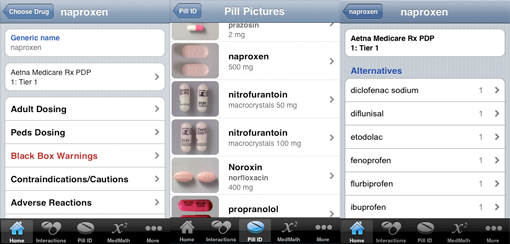

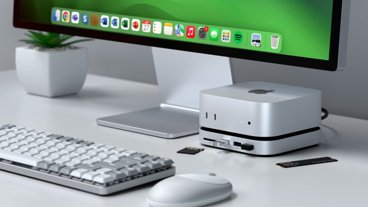












 Andrew Orr
Andrew Orr
 Amber Neely
Amber Neely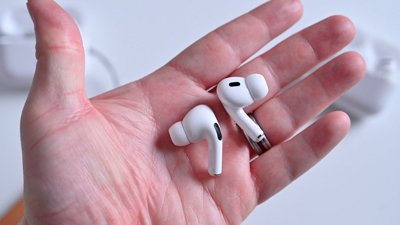
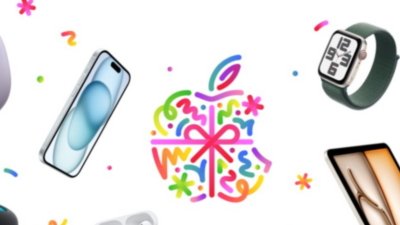
 William Gallagher
William Gallagher


 Christine McKee
Christine McKee

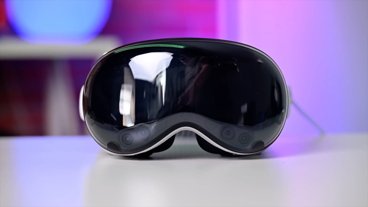






184 Comments
Let me be the first to say:
I'd be interested in it too....I use Epocrates every day at work....but wish it could be more responsive (sometimes when the iPhone is busying doing other things - ie retrieving mail etc., it the other apps slow down). I'm sure new medical apps will follow.
I am a little concerned that this expensive device will get damaged with so much daily use around the hospital/clinics etc...much easier to slip the iphone in my pocket when I'm walking out of the room, than forgetting it in the room (and risk it getting stolen).
[QUOTE=AppleInsider;1566945]More than 60 percent of physicians who participated in a new survey have shown interest in Apple's recently announced iPad.
THANK GOD!!!
...
There are maybe 800,000 doctors in the US. And you want me to believe a study that sampled 350 of them? And it's not even the SLIGHTEST bit random either. There's probably a strong bias to contact people who already OWN an iPhone and USE epocrates. And the only worthwhile version of Epocrates costs $150/year to use!
I think you can easily see the confounding variables here. I have no doubt that doctors are certainly excited to see what the iPad could do for medicine (I'm a medical student, so I'd know), but to put out such silly numbers mocks the intelligence of anyone who can read.
To put this into perspective, the #1 use of tablet PCs is for medical use (signatures and such). But to even make the claim that 20% of US doctors want an iPad makes me want to barf.
Four out of five physicians don't recommend the iPad for daily use.